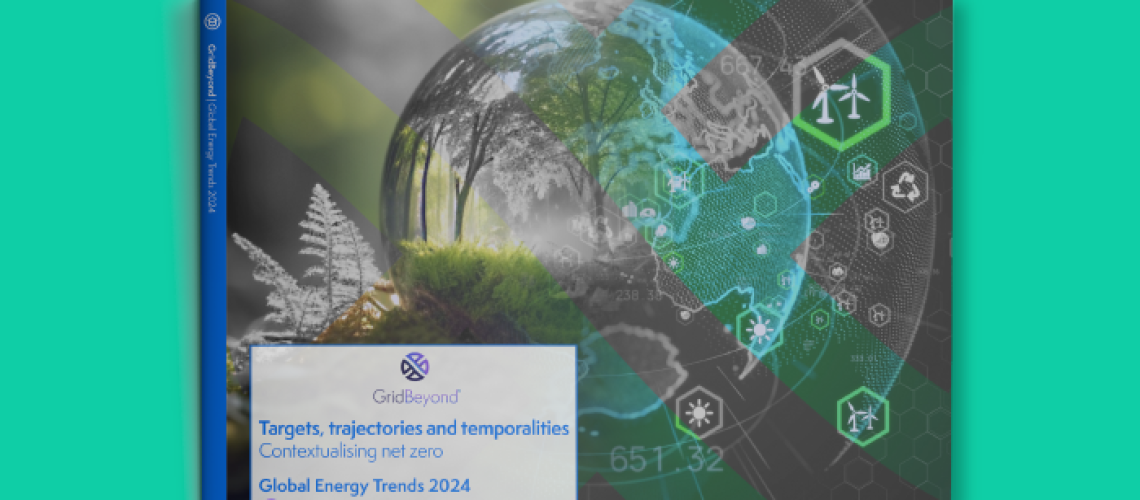GridBeyond report notes that while a reduced reliance on imported fossil fuels and increased renewable use can lead to greater energy security and independence, grid operators have to overcome certain challenges connected to them, such as intermittency.
A flexible approach to energy will be key as the industry grapples with ongoing reliability challenges, extreme weather, the electrification of different sectors of the economy, and the growth of renewables and storage, a new report from GridBeyond concludes.
The report, which looks at energy trends for 2024, noted that policy-makers around the world are keeping a close eye on energy security and affordability. And while a reduced reliance on imported fossil fuels and increased renewable use can lead to greater energy security and independence, grid operators do have to overcome certain challenges connected to them, such as intermittency.
The energy sector is on the brink of its next evolution, into a fresh era characterized by an emphasis on sustainability and efficiency, Michael Phelan, CEO and co-founder of GridBeyond, said.
“At the same time, to achieve net-zero emissions, companies are redefining their strategies, embracing a flexible approach to energy utilisation as a core asset in remaining competitive within… this new landscape. Flexibility is key to ensure the success of the energy transition to a net zero future,” Phelan added.
The energy sector is undergoing many changes, as well as challenges related to reliability. Extreme weather events can lead to increased electricity demand, as well as increase the chance that coal and gas power plants experience breakdowns, the report noted. At the same time, global renewable capacity additions are rapidly increasing, to more than 440 GW in 2023, according to the International Energy Agency. In fact, under an accelerated model, renewable additions could touch 550 GW in 2024, as Europe and other parts of the world look to reduce dependence on Russian natural gas imports, the report noted.
In this context, energy policy makers across the world are looking to expand energy flexibility on the demand side to help support the grid, the report noted. In a recent GridBeyond survey, 30% of respondents say energy flexibility as the “biggest trend impacting the energy markets of the future” – compared to just 22% a year ago, the report noted.
“This trend is supported by a series of policy and regulatory developments in markets across the world as grid operators seek new and innovative measures to encourage flexibility in the power system,” according to the report.
In the U.S., for instance, the Electric Reliability Council of Texas’s (ERCOT) Contingency Reserve Service, a daily procured ancillary service launched in June, is an example of this, and will help keep supply and demand balanced in real time as electricity demand grows. This is the first daily procured ancillary services introduced in the market in more than two decades, the report noted Japan, meanwhile, is set to launch new ancillary services markets in 2024, with rolling weekly and day-ahead markets that can compensate storage.
Clean energy procurement processes, meanwhile, can be more complex than common forms of procurement today, and buyers will need to be encouraged with the right incentive and reward structures to help undertake them, the report said.
“In designing new products and services, the incentives offered to the customers providing these services should reflect the value of any grid benefits and increased resiliency that can accrue to utilities, grid operators, or other market participants,” the report stated.



